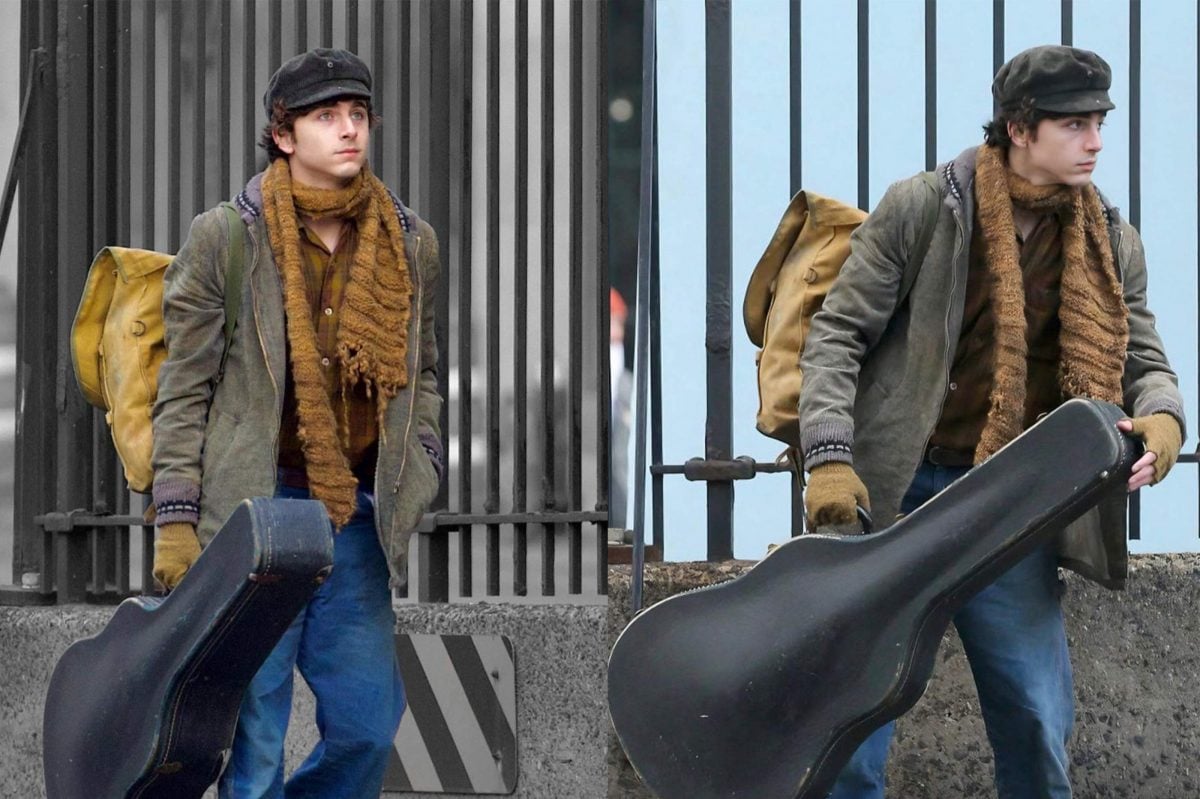
HBO's new film, Unpregnant follows the classic chick-flick narrative of reconciliation between two high-school best friends as they embark on a cross-country road trip, but with an aptly 2020 twist, serving as a fundamental commentary on access to choice-affirming healthcare in the US, and will be available to stream via HBO Max on September 10.
In the US, abortion is legal in all 50 states, but the implementation of loophole regulations in many of these states mean it's not always an achievable reality for many. These restrictions on choice affirming care can often include written consent from both parents for a minor needing to get a procedure which, as we can imagine, can go very wrong for some, or simply deter minors from seeking permission/having a safe procedure altogether.
This is the premise of Unpregnant. It follows the story of Veronica (Hayley Lu Richardson) and Bailey (Barbie Ferreira), two teenage ex-best friends living in Missouri (one of the most restrictive abortion states across the US) who have to navigate the system in order to get a safe and legal procedure as a minor without parental consent.
Missouri is notorious for being an abortion desert, with loophole restrictions so firm, it blocks a huge percentage of people from access to choice affirming healthcare. Among these restrictions, are mandatory therapy sessions, 72-hour waiting periods for all appointments, parental consent, and bans procedures on pregnancies that are over 20 weeks along (or passed "viability") and telemedical procedures.
When Veronica, the child of deeply religious and conservative parents finds herself pregnant, she realises that she will have to travel out-of-state in order to get a legal abortion as a minor, and asks Bailey, an old friend she has grown apart from for help to do so.
The trailer is shown through a humorous lens, despite the very real and often very taboo topic it aims to uproot, casting a life-affirming light on the otherwise common, silenced, and painful narrative of our access to safe choice.
Image credit: @barbieferreira



